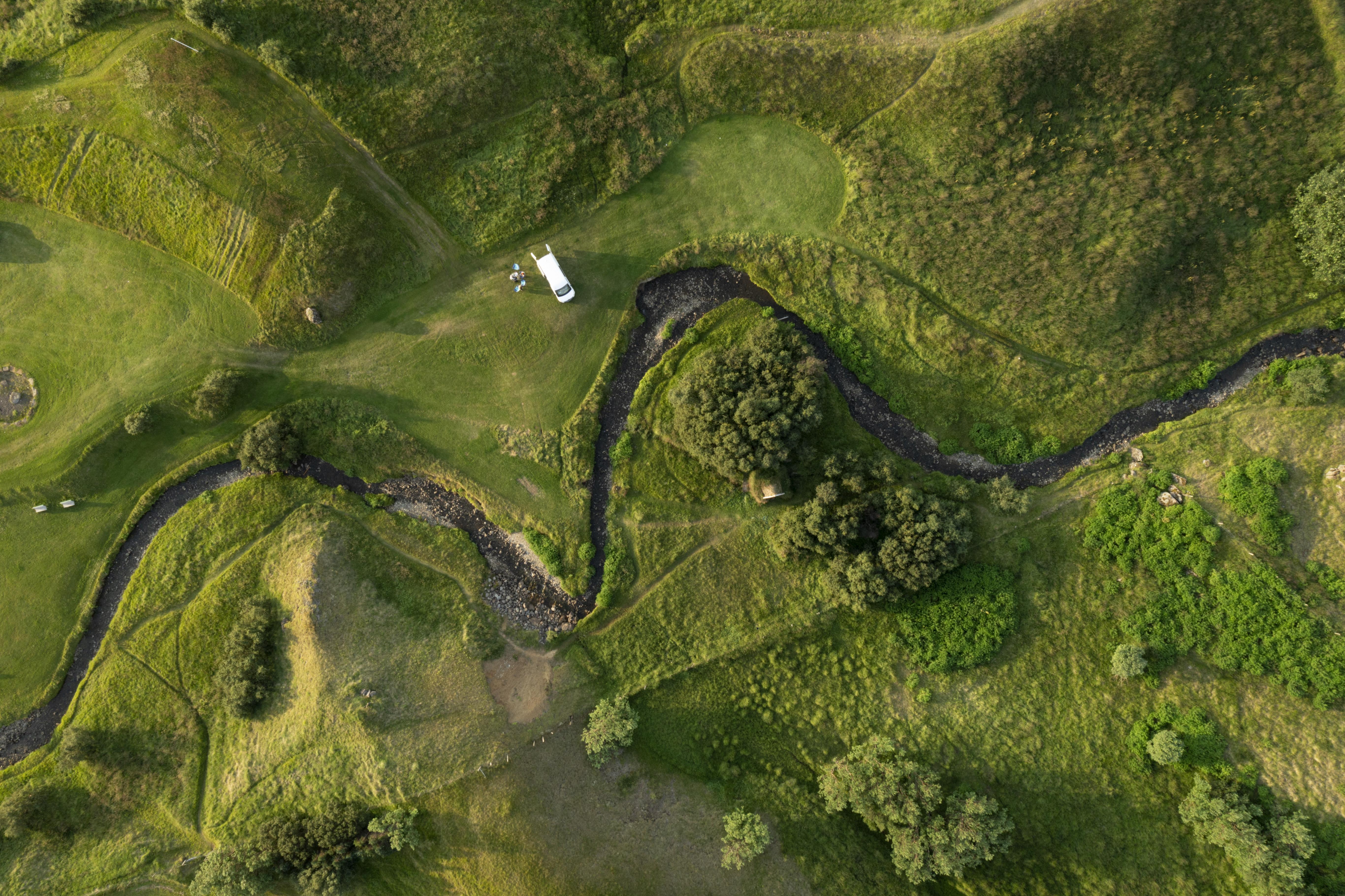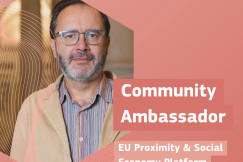Articles
27 May 2025
Green Growth in Rural Areas: A Vision for Regeneration and Inclusivity
Articles
27 May 2025
Regenerative Green Transition
Urban and Rural Wellbeing
Proximity and social economy
+8 more
Login / create an account to be able to react
-
7

Rural regeneration transforms struggling rural areas into resilient, sustainable communities by leveraging digital innovation, green infrastructure, and inclusive development. Supported by EU initiatives like Smart Villages, and exemplified by projects such as ARK Armenia, these efforts address challenges like depopulation and climate change while fostering economic and social renewal. Despite obstacles, rural regeneration offers a vital path for rural Europe to contribute to the green and digital transition.
Topics
Armenia
International Organisations
Local Authorities
National authorities
NGOs / Non-profits
Regional Authorities
-
Thematic area
-
-
Regenerative Green Transition
-
Urban and Rural Wellbeing
-
-
Interlinkages with other sectors
-
-
Proximity and social economy
-
Cultural and creative industries
-
Tourism
-
-
Action areas and keywords
-
-
Circular Economy
-
ICP rights & workers involvement
-
Innovation as enabler for green transition and business development in the social economy
-
Sustainable Finance
-
-
Ecosystem focus
-
-
Social economy
-
-
Scope of activity
-
-
International
-
Share
As rural communities face numerous challenges, including population decline, limited access to services, and environmental threats, strategic rural regeneration initiatives offer a pathway to create more resilient, sustainable, and vibrant rural spaces. With climate change, digital divide, and urbanisation increasingly affecting rural areas, it is crucial to implement innovative strategies that turn these challenges into opportunities for growth.
In many rural areas, aging infrastructure, depopulation, and the loss of traditional industries such as agriculture and mining have led to economic stagnation. Without the intervention, these challenges can contribute to environmental degradation, and social exclusion. Rural regeneration aims to address these issues by enhancing local economies, preserving cultural heritage, and fostering environmental sustainability through innovative practices, including green tourism, and agricultural innovation.
Strategies for Successful Rural Regeneration
Successful rural regeneration often involves a combination of strategies that promote sustainability, inclusivity, and economic diversification. One key approach is digitalisation, which helps connect rural communities to global markets, improves access to services, and boosts economic opportunities. Initiatives like Smart Villages have shown how digital connectivity and innovative technologies can revitalise rural areas, improve agricultural productivity, and enhance quality of life by enabling access to online services
Another essential strategy is agriculture innovation and the adoption of sustainable farming practices, such as permaculture and organic farming. These approaches not only improve the environmental health of rural areas but also create new sources of income for local farmers. Successful initiatives, such as ARK Armenia, a non-governmental organization in Southern Armenia, use ecotourism and permaculture training to create economic alternatives and improve climate resilience in rural communities. By repurposing local resources, such as using recycled materials for eco-camp construction and developing hiking trails, ARK shows how rural regeneration can align with sustainability goals.
Incorporating green infrastructure and enhancing public transport are also critical aspects of rural regeneration. These strategies help make rural areas more accessible, reduce environmental impacts, and improve the overall quality of life for the residents. By developing green spaces and integrating renewable energy sources, rural regions can become models of environmentally sustainable development.
The Role of the European Commission and the Smart Villages Initiative
The European Commission has been instrumental in supporting rural regeneration across Europe. The Smart Villages initiative, backed by the EU, promotes the digital transformation of rural communities, enabling them to embrace smart technologies that improve connectivity, service delivery, and economic sustainability. In addition, the Commission’s support for sustainable rural development is reflected in its policies on the Common Agricultural Policy (CAP), which focuses on enhancing the viability of rural economies, promoting sustainable agriculture, and fostering social inclusion. By integrating these strategies with the overarching goals of climate action and economic inclusivity, the Commission provides a comprehensive framework for rural regeneration in Europe.
Challenges and Opportunities
Despite its many benefits, rural regeneration faces several challenges, including financial constraints, resistance to change, and the risk of creating inequities between urban and rural areas. Balancing economic growth with social inclusion is particularly difficult in rural regeneration projects, as gentrification and the influx of external investments can sometimes lead to the displacement of long-time residents. Ensuring that regeneration efforts benefit local communities requires careful planning and community-driven governance.
However, these challenges also create opportunities for innovation. By fostering partnerships between local governments, private sector actors, and civil society organisations, rural regeneration can be shaped in ways that prioritise local knowledge, sustainability, and social equity. As demonstrated by initiatives such as ARK Armenia, combining ecotourism, green infrastructure, and digital technologies can create inclusive, sustainable pathways for rural development.
Rural regeneration is not just about restoring communities—it’s about reimagining the future of rural areas as resilient, sustainable hubs of innovation. By leveraging smart technologies, sustainable practices, and community engagement, rural regions can overcome challenges and become vital contributors to Europe's green and digital transformation.
Comments (0)
See also
-
97
PSE Platform Ambassador highlight: Flaviano Zandonai and National Consortium CGM
- Categories
- Partnerships Regenerative Green Transition Skills +68 more
-
62
PSE Platform Ambassador highlight: Chloé Gallien, Groupe SOS
- Categories
- Partnerships Regenerative Green Transition Skills +68 more
-
25
PSE Platform Ambassador highlight: Giorgio Nanni and Legacoop
- Categories
- Partnerships Regenerative Green Transition Skills +68 more




